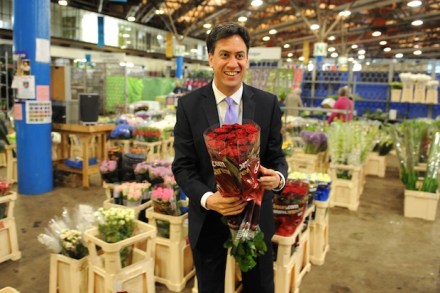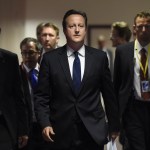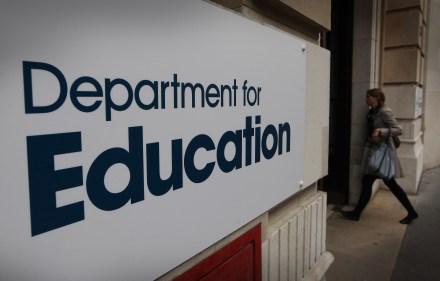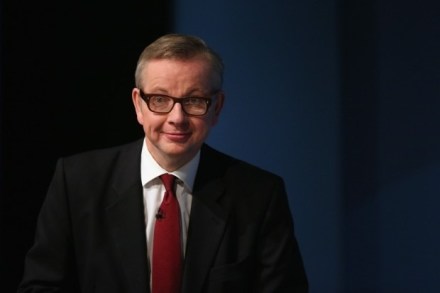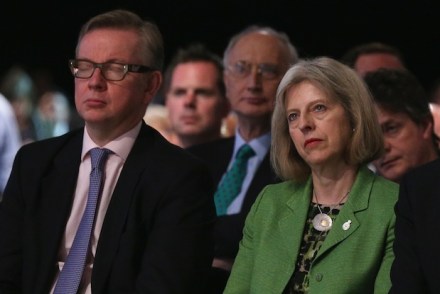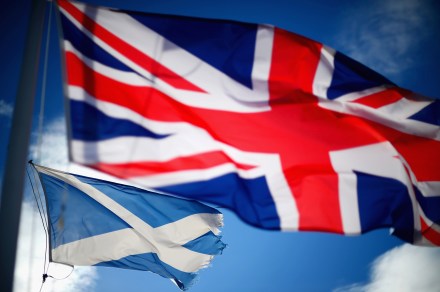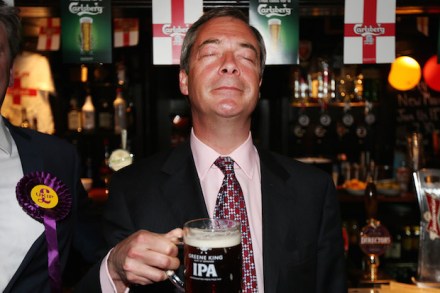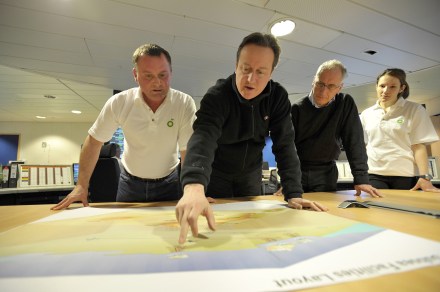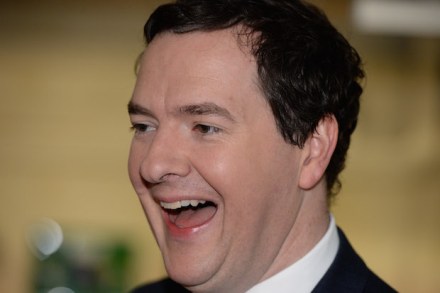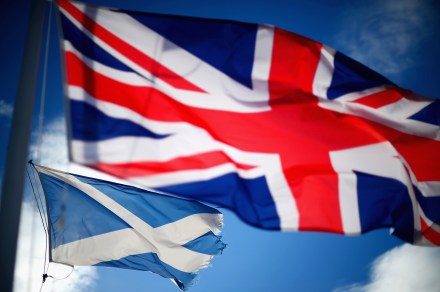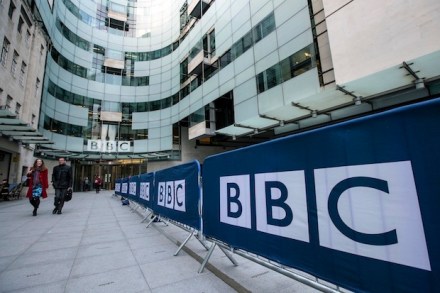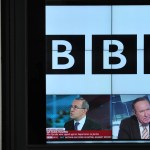Farewell Ken Clarke, last of the Tory Big Beasts
But for Europe, eh? It is a mark of how thoroughly the European issue has poisoned Tory waters that many party activists – and MPs – will be celebrating the end of Ken Clarke’s ministerial career tonight. Not before time, many of them will doubtless froth. Well, maybe. But it bears remembering that the Tories who hated Clarke the most tend, more often than not, to be the Tories the public hates most. The kind of Conservatives good at losing elections and rather less good at winning them. That does not mean Clarke was always right or that his judgement was necessarily routinely sound. Nevertheless it is something to be



